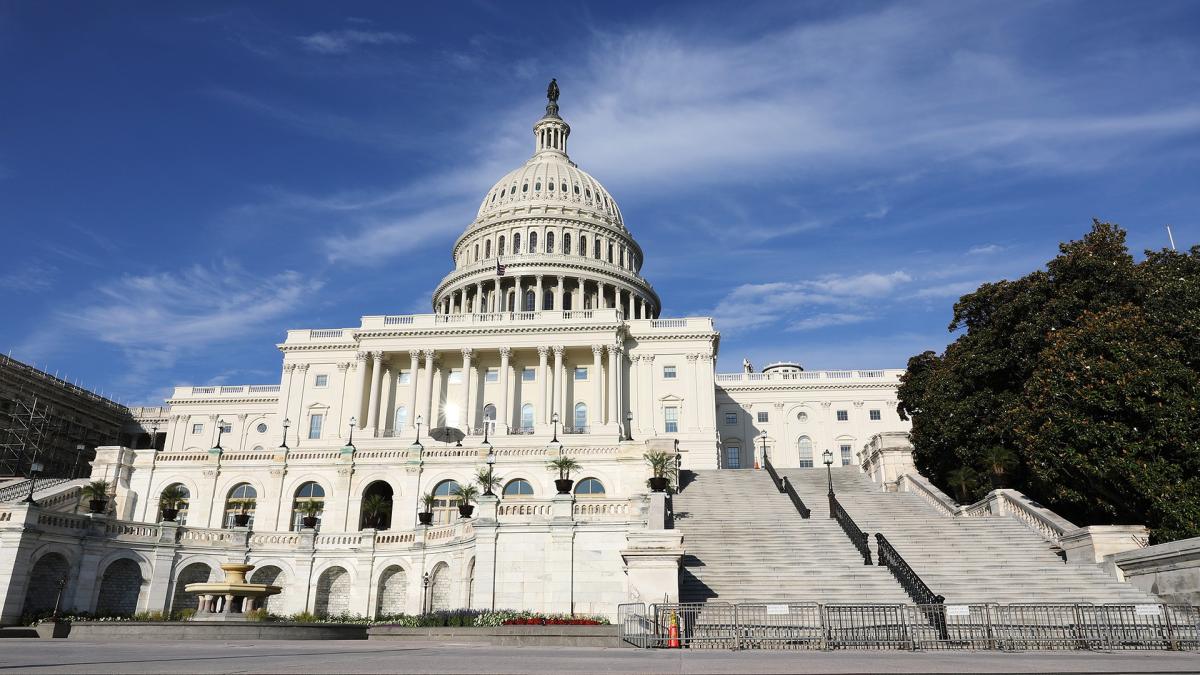CONGRESSMAN JOE MORELLE TAKES ACTION TO PROTECT VOTERS’ ACCESS TO THE BALLOT BOX

H.R. 4, The John Lewis Voting Rights Advancement Act, would combat voter suppression and discrimination that has been on the rise
(Rochester, NY) – Today, Congressman Joe Morelle took action to strengthen voting rights and combat voter discrimination by passing H.R. 4, The John Lewis Voting Rights Advancement Act. The legislation, which Rep. Morelle co-sponsors, restores the full protections of the original Voting Rights Act of 1965 and includes updates that respond to the unique challenges of today's voting process.
"The right to vote is the bedrock of our democracy and we cannot stand idly by as it is threatened in neighborhoods all across our nation," said Congressman Joe Morelle. "We must break down the barriers to voting that disenfranchise too many Americans, particularly in underserved communities. I was proud to co-sponsor and help pass this critical legislation to strengthen voting rights and ensure everyone who calls this nation home has the opportunity to make their voice heard."
"Protecting the rights of all voters is essential to preserving our democracy in our country," said Angelica Perez-Delgado, president and CEO of Ibero. "We should all be working together to make voting easier for those with limited transportation or who work long hours or face other barriers to exercising their right to vote."
"Voting is a fundamental right of every citizen of the United States of America, and history is attempting to repeat itself as we confront voter suppression," said Rev. Derrill Blue, Memorial AME Zion Church. "The words of the Rev. Dr. Martin Luther King, Jr. ring true: ‘So long as I do not firmly and irrevocably possess the right to vote, I do not possess myself. I cannot make up my mind — it is made up for me.' That is why I support the John Lewis Voting Rights Advancement Act because it protects the vote and voice of communities of color."
"This is a first and significant step in halting voter suppression against people of color," said Rev. Lewis Stewart, United Christian Leadership Ministry. "I applaud our Congressman Joe Morelle in taking a courageous stand in opposition to denying people the right to vote"
In recent years the Supreme Court has gutted some of the primary achievements enacted by the Voting Rights Act of 1965, paving the way for states to enact sweeping voter suppression laws that disproportionately impact underserved communities.
These tactics include stringent voter identification laws, unfairly purging voters from election rolls, moving polling locations, and more. The Voting Rights Advancement Act takes action to combat these discriminatory practices and protect the fundamental right of every American to vote.
Specifically, the bill:
- Establishes a targeted process for reviewing voting changes in jurisdictions nationwide, focusing on measures that have historically been used to discriminate against voters;
- Increases transparency by requiring reasonable public notice for voting changes;
- Gives the Attorney General authority to request the presence of federal observers anywhere in the country where there is a serious threat of racial discrimination in voting;
- Creates a new coverage formula that hinges on a finding of repeated voting rights violations in the preceding 25 years;
- Strengthens Section 2 of the Voting Rights Act, which protects the ability to challenge discriminatory voting practices.
The legislation is supported by more than 60 national organizations, including the Leadership Conference on Civil and Human Rights, American Civil Liberties Union, League of Women Voters of the United States, and more. It was passed by the House of Representatives and will now be considered by the Senate.
"August 26 is Equality Day, recognizing the ratification of the 19th Amendment exactly one hundred and one years ago," said Deborah Hughes, President and CEO of the Susan B. Anthony House and Museum. "That Amendment was supposed to shatter the barriers that blocked access to the ballot box for any woman in this nation. But as was the case with the 15th Amendment, clever new barriers were erected before the ink was dry. I cannot think of a more appropriate day for the House to take action affirming voting rights and stopping voter discrimination by passing H.R. 4, the John Lewis Voting Rights Advancement Act."
"We applaud the House for prioritizing all voices and protecting the democratic process," said Dr. Seanelle Hawkins, President and CEO of the Urban League of Rochester. "H.R. 4 safeguards against discriminatory practices that threaten voting rights, particularly of people of color and marginalized groups.The House has done its part, and now we look to the Senate to close the deal and pass the John Lewis Voting Rights Advancement Act. We depend on our elected officials to protect our fundamental right to vote. We must continue to hold them accountable for the safety of our democracy so that we may exit the double pandemic of COVID-19 and systemic racism a better, safer nation for all."
###
